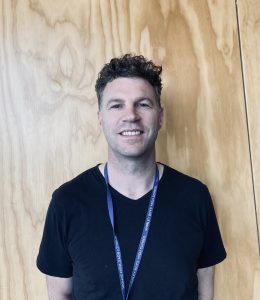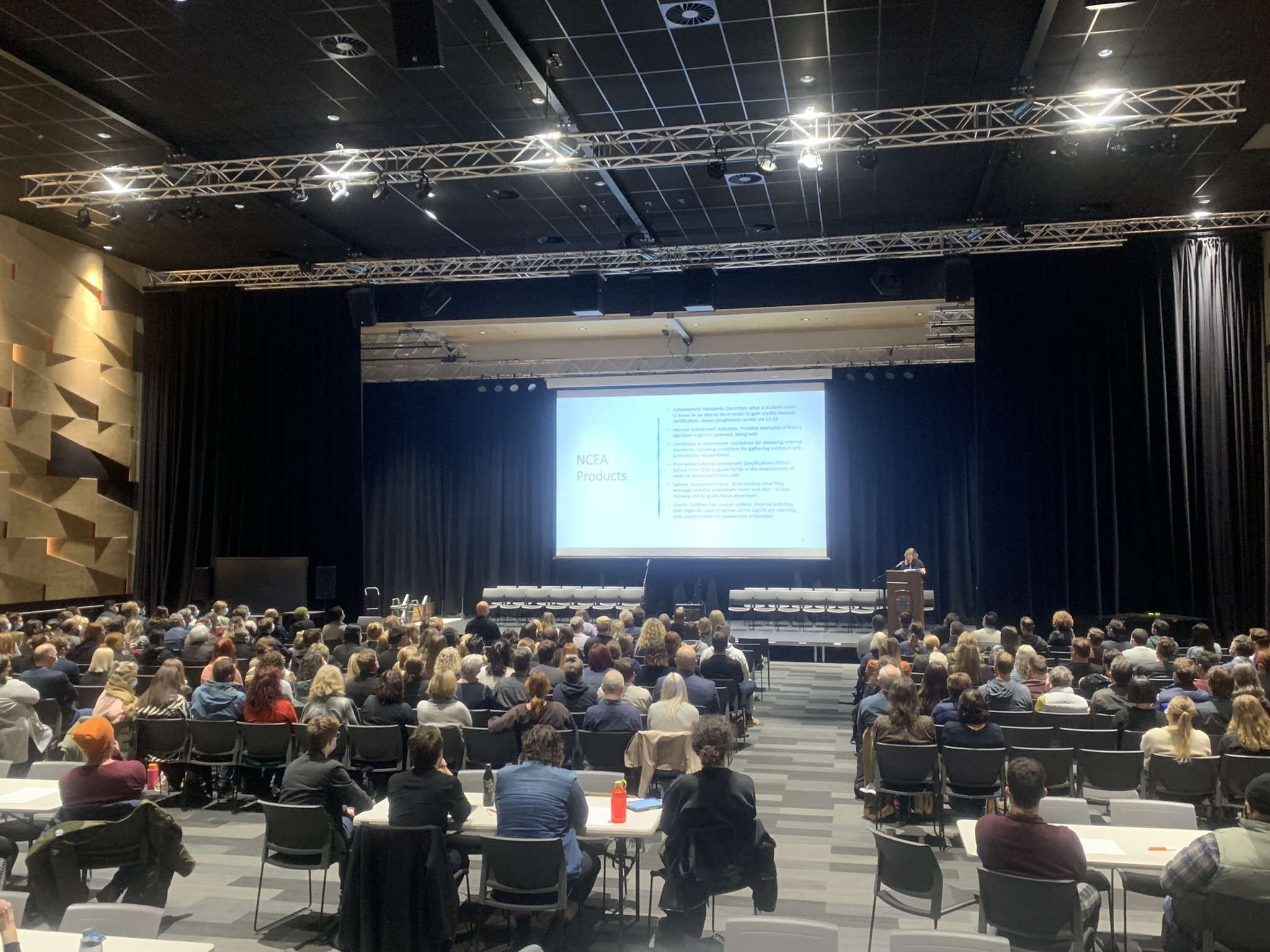With the NCEA change imminently upon us there has been a growing realisation among secondary teachers that at some stage soon, we won’t be able to delay the inevitable any longer… Soon we will have to ‘face the music’ and implement the new Level 1 program (pun intended).
Although still a work in progress, the reviewed NCEA platform represents some of the biggest changes to secondary education in a generation. Any teacher who has sat down with students and parents during the course selection process will understand that the current NCEA structure has snowballed into a complex cocktail of mind- altering ingredients: numeracy, literacy (don’t forget the reading/writing credits for UE!), gather 80 credits, carry 20 into the following year, and then again into the year after that… Perhaps we should be giving students credits if they can pass a test on understanding NCEA?!
NCEA Music has also become inequitable, with only the students who have highly developed aural, score reading and essay writing skills being allowed to stand on the hallowed ground of Merit and Excellence endorsements. Prince, Elvis, Madonna and Michael Jackson would probably all have failed to endorse in Music under the current NCEA system. Remember that time you transcribed that piece of music without your instrument at hand? No, me neither. Without diminishing the importance of theory and aural skills to
a well-rounded musician, a large hall with evenly spaced desks isn’t exactly the most conducive way to proving one’s level of musicianship. Thankfully, the team behind the changes in Music have addressed many of these issues and the new Level 1 Music program is looking far more equitable for performers and composers.
To give us space and time to work through the NCEA change programme, the MoE provided us with some teacher-only days. On these days, teachers could digest the refined ‘products’ that are now available. The Canterbury Ministry of Education office, alongside the Canterbury West Coast Principals’ Association, listened to feedback from teachers and principals and developed our recent August Accord Day into a Collaboration Day. Eight venues hosted the different curriculum areas across Christchurch. The MoE then reached out to the local subject associations to lead the day. Having just taken over as Chair of the CWSMTA (Canterbury Westland Music Teachers Association) the responsibility for organising the program for Music fell to me. Eek.
With no prescribed outline for the day, we were allowed to use the time as we saw fit. Creative Arts was hosted at Shirley Boys’ High School, and we decided to break the day into three sessions, with the first session being a joint plenary meeting with all 350 or so creative arts teachers in the Large Theatre at Ōrua Paeroa (the Shirley Boys High/Avonside Girls High campus). Shirley Boys’ twin duo, Te Akaraupou and Tanemahuta Pakeha-Heke performed and spoke on their kaupapa around family violence, and the powerful role that music and the arts play in their education. These boys were recently on Seven Sharp and their own experience with family violence has helped lift a challenging topic to the fore, with their ability to deliver tough messages through song. I am sure we will hear more from these extremely talented boys in the years to come.
Jennie Williams, the national Arts Learning Area Lead, then spoke on the wider updates of where the NCEA change is at, with an Arts focus. A huge thanks to Jennie for making the time to come down and speak to us in person, as well as her assistance in planning the day alongside us.
For the second session we broke into our learning area groups. There were around 80 attending in Music – the largest gathering of secondary music teachers in Christchurch in a very long time. Jane Herman (Papanui High School), Regan Barker (Christchurch Boys’ High School), Miranda Scott (Marian College) and Ben Crosson (St Thomas of Canterbury College) delivered excellent presentations on each of the four achievement standards in the Level 1 Music curriculum. It was a great way to get a deeper understanding of what is involved in each of the standards, and the connections to some of the ‘Big Ideas’ that underpin them.
We were given the opportunity to do a Q&A with two schools who are currently piloting the new L1 course – David Sims from Ruapehu College and Liam Boyle from Wellington College. Before the day, I reached out to the CWSMTA members and asked them for their questions to present to these two pilot schools. These questions were then asked in an interview with David and Liam who offered some excellent insights into how the pilot is going from both a decile 2 and decile 10 perspective. Although only midway through the year and with only two of the four standards completed, the feedback so far has been very positive. The standards will be refined again based on feedback before a full pilot of around 15 schools gets underway in 2023.
We then broke into groups, brainstorming what Level 2 Music could look like. With two strands in Level 2 currently titled Making Music and Music Studies, there is the space to make a flexible and engaging music course that will suit a variety of kura and ākonga strengths. With feedback from kaiako and the Subject Expert Group, it is exciting to see how these two strands will come together.
The final session was a live conference update with Matt Stenbo, the Lead Advisor for Music. Matt delivered a general update before answering pre-prepared questions from the CWSMTA. Matt was able to settle many of the issues and concerns that had been raised throughout the day and it was a great way to finish a busy but productive event. As always, a huge highlight was catching up with colleagues from across Ōtautahi and beyond – we are very fortunate to have such an excellent community of music educators.
A huge thanks to Jennie Williams, Matt Stenbo, David Sims, Liam Boyle, Joseph Houghton (CHCH MoE) and of course the CWSMTA members for the huge mahi that went into making the day possible.
Words by: Brad Banks

BIO: Brad Banks is a musician and music educator in Canterbury. Since graduating from Ara Music Arts in 2001 with a Bachelor of Music (Composition/Arranging), he has performed throughout New Zealand and internationally in numerous groups including Dukes and Nomad. He completed a Graduate Diploma of Teaching and Learning in 2002 and then went on to work in a variety of roles in schools across Ōtautahi. Since 2015, Brad has worked at Shirley Boys’ High School where he is Head of Faculty for Performing Arts.
